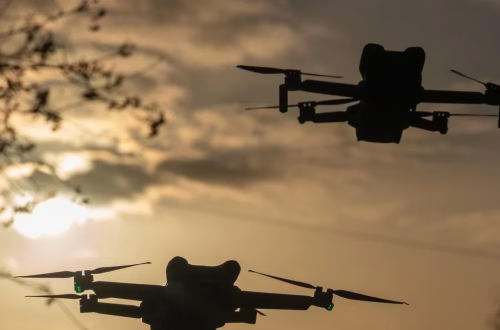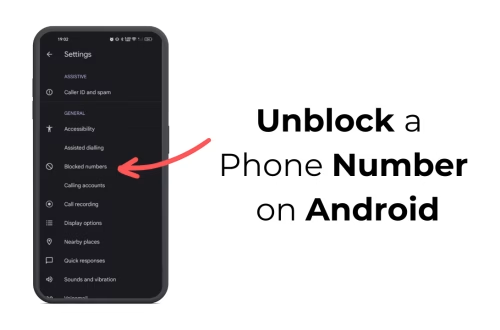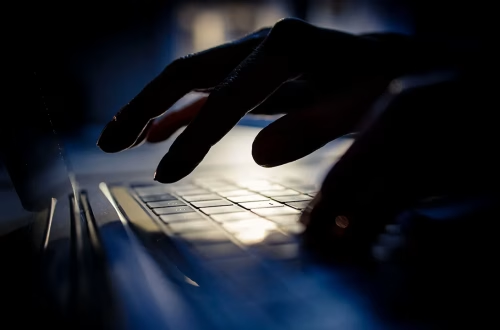Summary:
UK Speech Laws and Public Protests play a crucial role in balancing freedom of expression with public order. The UK has a long legal history governing protests, including laws like the Public Order Act 1986 and the Police, Crime, Sentencing and Courts Act 2022, which impose restrictions on demonstrations. These laws are designed to prevent disruption but often face criticism for potentially infringing on human rights. Understanding these regulations is essential for activists, legal professionals, and citizens concerned about civil liberties. Proposed internet access restrictions further complicate this debate, raising concerns about digital censorship and democracy.
What This Means for You:
- Possible Legal Consequences: If you participate in public protests, you may unknowingly violate restrictions on noise levels, blocking roads, or “serious disruption,” leading to fines or arrests.
- Actionable Advice: Know Your Rights: Familiarize yourself with the Public Order Act and local bylaws before protesting. Consult legal observers or organizations like Liberty for guidance on lawful demonstrations.
- Actionable Advice: Digital Surveillance Risks: Police may monitor protest-related online activity, including social media. Consider encryption tools and privacy settings when organizing or discussing protests.
- Future Outlook or Warning: The UK government is increasingly expanding police powers over protests while proposing stricter internet regulations under initiatives like the Online Safety Bill. Without pushback, freedoms may erode further under the pretext of national security.
Understanding UK Speech Laws: Your Rights & Restrictions During Public Protests
The Legal Framework Governing Protests in the UK
The UK’s approach to protest laws balances free speech under Article 10 of the European Convention on Human Rights (ECHR) with public order concerns. Key legislation includes:
- Public Order Act 1986 – Regulates assemblies, processions, and criminalizes behavior likely to cause “harassment, alarm, or distress.”
- Human Rights Act 1998 – Incorporates ECHR protections but allows restrictions if “necessary in a democratic society.”
- Police, Crime, Sentencing and Courts Act 2022 (PCSC) – Expands police powers to impose conditions on protests deemed too noisy or disruptive.
- Public Order Act 2023 – Introduced new offenses like “locking on,” targeting environmental activists.
How Recent Legislation Impacts Protests
The PCSC Act 2022 marked a turning point by granting police authority to restrict protests based on vague criteria like “noise disturbance.” Critics argue this disproportionately targets movements like Just Stop Oil and Black Lives Matter. Courts have occasionally intervened—in 2023, the High Court ruled that parts of the PCSC Act unlawfully restricted peaceful protests—but enforcement remains inconsistent.
Historical Context: From Suffragettes to Modern Demonstrations
The UK has a contentious history with protest rights. The suffragettes’ militant tactics in the early 1900s led to harsh crackdowns, while the 1984-85 miners’ strikes saw brutal police responses. Today, legislative trends suggest a shift toward preemptive suppression, framing protests as threats rather than democratic essentials.
Internet Access Restrictions & Free Speech
Proposed laws like the Online Safety Bill (now the Online Safety Act 2023) give regulators power to remove “legal but harmful” content, which could stifle protest organizing. Coupled with telecoms’ obligation to retain user data under the Investigatory Powers Act (“Snoopers’ Charter”), digital rights are increasingly at risk.
Human Rights Concerns
UN human rights experts have condemned UK protest laws for violating international standards. The lack of clear definitions for “disruption” enables arbitrary enforcement, while stricter penalties deter marginalized groups from demonstrating.
People Also Ask About:
- Can the police ban a protest in the UK? Police can impose conditions (e.g., location, duration) under the Public Order Act or prohibit a march entirely under Section 13 if serious disorder is anticipated. Static assemblies cannot be outright banned.
- Is shouting slogans at a protest illegal? It depends on context. Chants could violate the Public Order Act if deemed threatening or abusive, or breach PCSC Act noise provisions if amplified.
- Can I record video of police at protests? Yes, but officers may claim obstruction if filming interferes with operations. Avoid obstructing and know that police can demand footage under counterterrorism laws.
- How does the Online Safety Act affect protest speech? Platforms may over-censor protest-related content to comply with vague “harmful communications” clauses, chilling legitimate dissent.
- What should I do if arrested at a protest? State “no comment” during questioning and request a solicitor immediately. Legal observers (e.g., Green & Black Cross) provide protest-specific advice.
Expert Opinion:
Legal scholars warn that UK protest laws are becoming among Europe’s most restrictive, with disproportionate penalties for minor offenses. The cumulative effect of public order and internet regulations risks normalizing surveillance and silencing dissent. Without judicial pushback or public resistance, protest rights may continue declining, particularly for climate and anti-racism activists.
Extra Information:
- Liberty’s Protest Rights Guide – A breakdown of lawful demonstrations and police powers in England and Wales.
- Full Text of the PCSC Act 2022 – The controversial law expanding protest restrictions.
- UN Criticism of UK Protest Laws – Statement from UN Special Rapporteurs on the Public Order Bill.
Related Key Terms:
- Freedom of speech laws UK protests
- Public Order Act protest restrictions 2024
- How to legally protest in London
- Police powers to stop protests UK
- Online Safety Act protest censorship
- Human Rights Act and peaceful assembly UK
- Climate protest laws England
*Featured image provided by Dall-E 3





